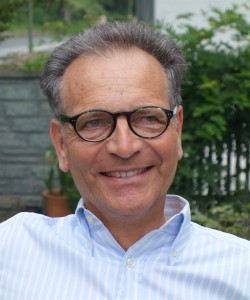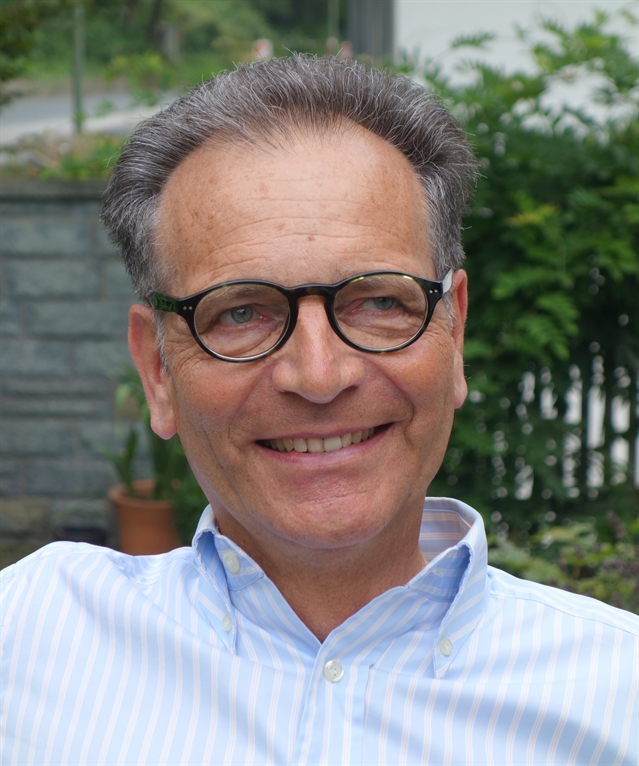
Since 2015, Germany has accepted more than one million refugees and migrants who are seeking asylum from war-torn countries like Iraq and Syria.
The influx has caused some instability in the country, as reports of violence create fear and the government struggles to adapt services for the large number of people.
To learn more, the School of Public Health will welcome Alexander Kraemer on April 5 as part of its annual Gaylord Anderson Lecture. Kraemer is professor and head of the Department of Public Health Medicine in the School of Public Health at the University of Bielefeld in Germany.
As American politics struggle with how to handle refugee populations, we talked with Kraemer about the mood in Germany and how the country is moving forward.
Tell us about the refugee crisis in Germany
Currently there are about 65 million displaced people in the world and one-third of those are refugees. Many are internally displaced, meaning they have not crossed the border to another country and therefore by definition are not counted as refugees. Other countries in Asia and Africa, such as Lebanon, Turkey, Pakistan, and Kenya, are hosting a much larger number of refugees than Germany.
The refugees have not changed the country, but politics toward refugees have changed and are changing. The spirit of the “welcome” attitude represented by Chancellor Merkel in 2015 is largely gone and a more repressive attitude has grown.
What can the rest of the world learn from Germany?
Our refugee challenge is good societal training for the phenomenon of increasing global migration, which is becoming the rule and a normality rather than an exception. Germany was, is, and will continue to be a country of immigration. There are forecasts that due to climate change, war, and poverty, the number of refugees Germany will see from the Middle East, South Asia and Sub Saharan Africa will further increase in the next decades.
How does this influx of refugees have an impact on the health care system?
There are a number of facets to this. One aspect is the disease burden of refugee populations, who bring diseases from their home region that German doctors may not be familiar with treating. Also, refugees often have Post Traumatic Stress Disorder and other effects of psychological trauma like depression or suicide. Refugee populations often need help navigating the jungle of the German health care system. All of this represents a challenge to the health care system and medical and public health education will have to adapt to these challenges. Population and health system related research is needed to provide grounds to new public health policies.
What can America learn from Germany in regards to accepting and helping refugees?
Northern America has recently only accepted comparably very few refugees, but this might change in the future. So we can learn from each other. Since America is a traditional immigration country, Germany can learn from the U.S. about how to best integrate migrants socially and provide useful health care services. Americans can learn from Germany how we in Germany provide universal health care coverage to everybody, including every refugee.

